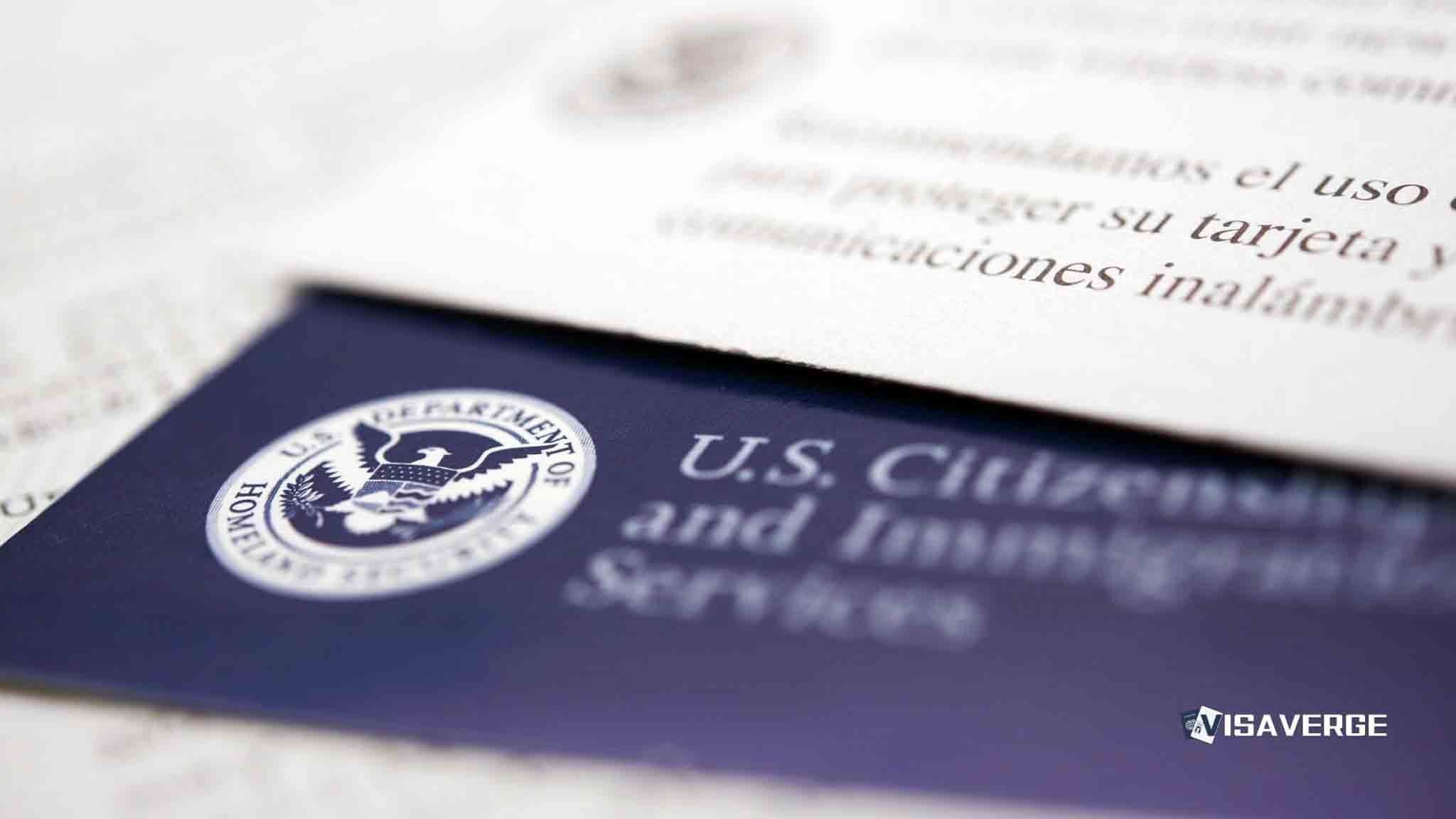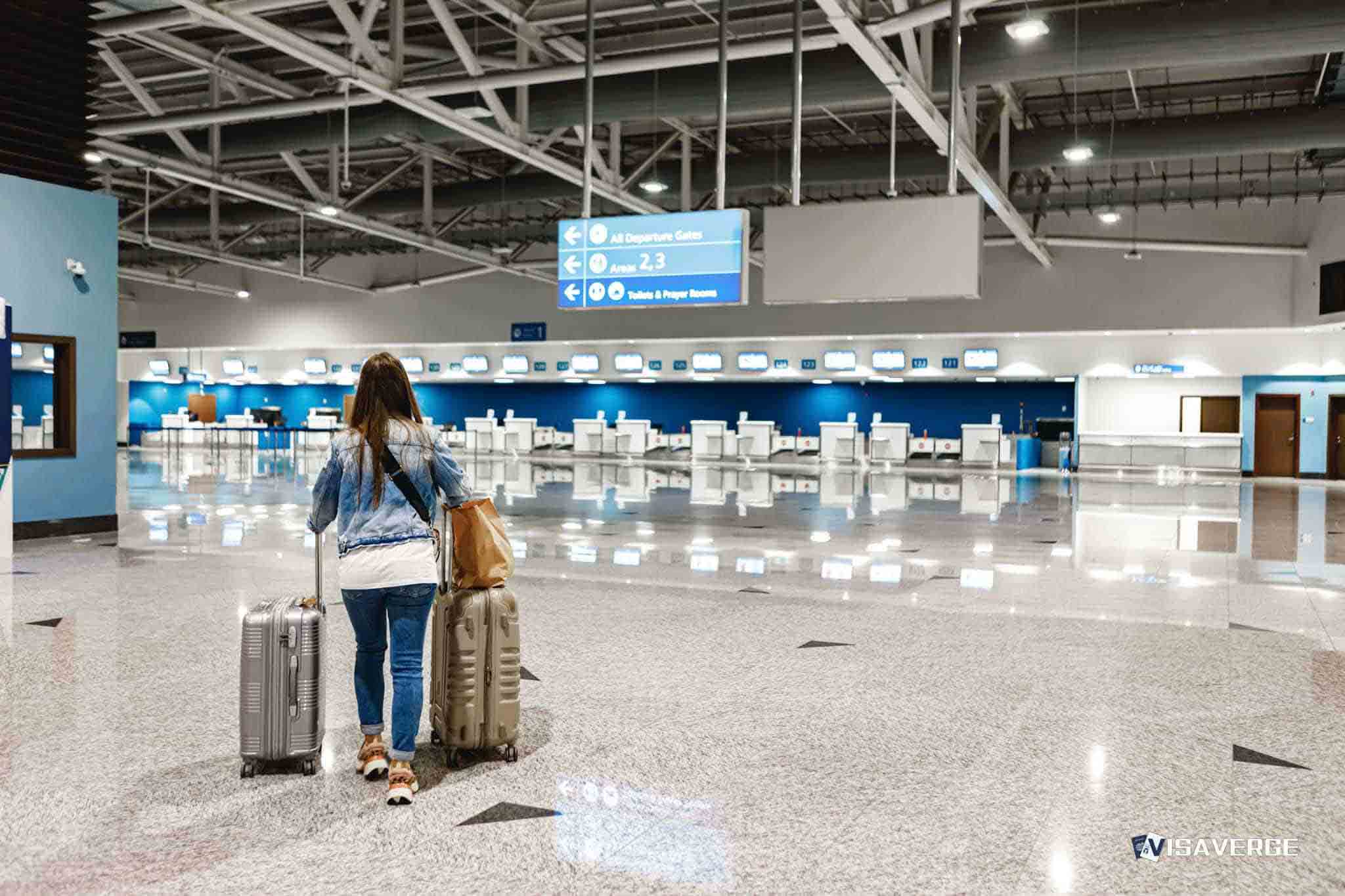U.S. Senator Tom Cotton has thrown his support behind President Trump’s plan to tighten the H-1B visa system and said he will introduce two new bills next week aimed at putting American workers first. His pledge arrived just as the U.S. Department of Labor unveiled Project Firewall, a sweeping enforcement push that shifts the government’s approach from waiting for complaints to actively seeking out suspected abuse.
Together, the legislative promise and the new enforcement drive point to a harder line on employers that rely on H-1B workers, featuring proactive investigations, personal certification of probes by labor officials, and tougher penalties for underpayment and misuse. Cotton’s move signals the crackdown may move from policy guidance into law, raising stakes for companies and for foreign professionals who depend on the program.

Cotton’s public statement and political timing
Cotton’s message was straightforward. In a post on X, he said, “President Trump and @SecretaryLCD are absolutely right that the H-1B program needs reforms. Next week I’m introducing two bills that will bring badly needed changes to this program and put American workers first.”
That statement echoes the administration’s goal: change how the program runs and sharpen enforcement tools against employers who break the rules. While the full text of the bills is not public yet, Cotton’s alignment with the White House indicates a plan to formalize parts of Project Firewall so they cannot be rolled back easily. The timing—coming right after the Department of Labor’s escalation—adds force to the message that H-1B oversight is about to tighten.
What Project Firewall changes
Under Project Firewall, the Department of Labor will move away from depending mainly on workers to file complaints. Instead, the department will:
- Launch DOL-initiated probes when there is reason to suspect violations
- Require labor leaders to personally certify investigations
- Hold employers accountable for underpayment and misuse with consequences such as:
- Back wages for affected workers
- Civil fines for employers
- Debarment from the H-1B program in serious cases
The agency also plans interagency data sharing to spot patterns across time and sectors. Cotton’s two bills are expected to build on these points, creating statutory standards that would make these enforcement approaches harder to reverse by future administrations.
Key takeaway: Project Firewall shifts enforcement from complaint-driven to proactive, increasing the chance of enforcement even when no worker files a complaint.
Expected impacts on employers
Employers that sponsor H-1B workers should prepare for intensified compliance demands:
- More site checks and audits
- Deeper record reviews of pay and job duties
- Tougher follow-up when pay scales or job responsibilities raise flags
- Potential changes to staffing plans and budgets, especially in tech and consulting
Firms may respond by tightening vendor management, demanding clearer documentation from staffing partners, and slowing rollouts until compliance is assured. For some, the lower-risk path may be to expand domestic hiring even if that costs more time or money.
Expected impacts on workers
For foreign professionals and U.S. workers alike:
- Workers can expect more government action even if they do not file complaints
- Greater likelihood of back pay awards where underpayment is found
- Workers should keep thorough records of pay and job duties—these will matter in investigations
- Families and career plans may face added uncertainty as hiring patterns shift
Political implications and the role of Congress
Cotton’s support matters because Congress writes the laws that outlast administrations. By pushing bills that mirror Project Firewall’s approach, Cotton aims to lock in:
- Proactive investigations
- Personal sign-off on sensitive probes
- Clear focus on underpayment and misuse with predictable consequences
For companies, codified rules make long-term planning easier but penalties harder to avoid. For U.S. workers, the pitch is to protect wages and job access by raising the cost of noncompliance for employers.
Views from supporters and critics
- Supporters argue:
- Stronger checks will protect wages and job access for American workers
- The move creates incentives to hire Americans first
- Critics warn:
- Tighter rules could limit supply of specialized skills
- Hiring delays, project slowdowns, and displaced investment may follow
- Administration position:
- Project Firewall is designed to move fast, bring more cases, and deter misuse by raising the cost of violations
International reaction — India and global talent flows
India’s reaction underscores the global stakes. Indian nationals are a large share of H-1B recipients, so changes in U.S. oversight can:
- Reduce offers and extend wait times for professionals and families
- Affect where multinational firms place teams and projects
- Prompt calls (e.g., from External Affairs Minister S. Jaishankar) for a more “contemporary, efficient model of a global workforce”
Tighter U.S. enforcement may slow the flow of talent from India until employers adapt.
What to expect while details are pending
Because Cotton’s bill texts are not yet public, stakeholders are watching for how closely the legislation will track Project Firewall. What is already clear:
- Direction: higher employer accountability, a stronger role for federal investigators, and more teeth in penalties
- Likely employer responses: tighten internal checks, review pay practices, set aside time and budget for audits
- Likely worker responses: greater care in documenting pay and job duties; more interest in government enforcement that doesn’t require workers to risk speaking up
Companies often ask how to prepare now. Based on enforcement themes officials have outlined, risk areas likely to draw attention include:
- Pay scales that fall below levels promised to workers or implied by job descriptions
- Job duties that do not match official filings
- Work arrangements that blur who supervises day-to-day tasks
- Repeated patterns of complaints within the same firm or sector
Firms that address these points proactively can reduce exposure before proactive checks ramp up.
Project Firewall in context
Project Firewall marks a change in style as much as in tools. Historically, enforcement often relied on worker complaints or narrow audits. The new approach:
- Looks for warning signs before damage is done
- Coordinates across agencies to identify patterns missed by single complaints
- Emphasizes penalties, including back wages, civil fines, and disqualification from the H-1B program
The Department of Labor maintains an overview page on the H-1B program with employer obligations and worker protections; it can help employers and workers follow the government’s stated priorities and the scope of enforcement:
U.S. Department of Labor H-1B program
Who will feel the change most
- Large firms: may adjust faster due to established compliance teams but face more frequent checks
- Small firms: may need outside help to implement systems
- Staffing companies/consultancies: especially likely to see major shifts because client-site placements attract scrutiny
- Workers: should keep records and stay informed; Project Firewall frames enforcement as the government’s job, but documentation is still crucial
Outlook and next steps
- Project Firewall is already shifting DOL resources to proactive investigations and interagency collaboration, increasing the chance of investigator contact even without prior complaints.
- Cotton’s bills, if passed, would lock that approach into law and make enforcement standards more durable across administrations.
- The combined effect: a tougher, steadier baseline for oversight that centers the interests of U.S. workers while keeping a legal path open for foreign professionals under stricter guardrails.
Important warning: Stakeholders should watch for the release of the bill texts and updated DOL guidance. Deadlines and specific compliance requirements will be defined in those materials and will determine operational impacts for affected employers and workers.
The months ahead will show how quickly these ideas move from announcement to action—and how they reshape hiring across offices, labs, and project sites nationwide. Independent outlets such as VisaVerge.com describe Project Firewall as the most aggressive H-1B enforcement push to date and note Cotton’s emphasis on “putting American workers first.” The final shape of the rules will depend on legislative language and how the Department of Labor implements the program on the ground.
This Article in a Nutshell
Sen. Tom Cotton announced he will introduce two bills next week to formalize tougher H-1B enforcement, aligning with the Department of Labor’s newly launched Project Firewall. Project Firewall changes enforcement from complaint-driven to proactive DOL-initiated investigations, personal certification by labor officials, interagency data sharing, and stronger penalties such as back wages, civil fines, and possible debarment. Employers should expect more site checks, audits, and scrutiny of pay and job duties, particularly in tech and consulting. Foreign professionals may face hiring delays and greater uncertainty. Stakeholders should monitor the bill texts and updated DOL guidance to adapt compliance, documentation, and staffing strategies.













